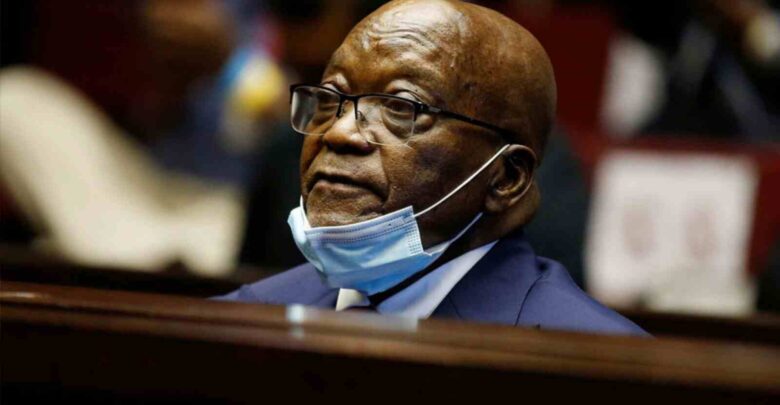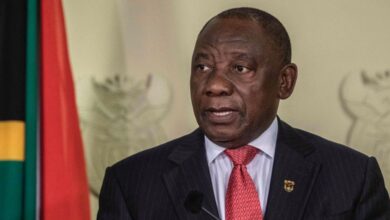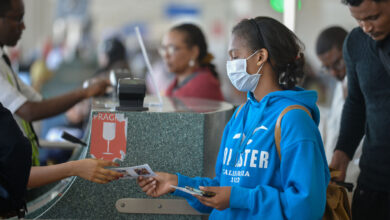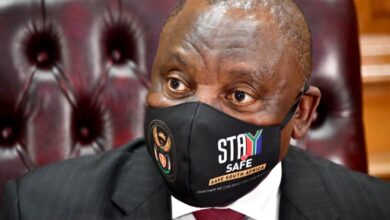South Africa
South African Former President Jacob Zuma In Hospital For Medical Observation

South African former President Jacob Zuma was admitted to hospital for medical observation on Friday, prison authorities said, days before he was due to appear in court for a corruption trial, reported Africa News.
The Department of Correctional Services confirmed that the 79-year-old Zuma was admitted to a hospital near the Estcourt Correctional Centre. It said in a statement that a routine observation at the prison had prompted authorities to take Zuma to an outside hospital for further examination. It did not name the hospital.
“Everyone who is detained, including every sentenced prisoner, has the right to conditions of detention that are consistent with human dignity, including … medical treatment,” the statement said.
The prison authorities did not give any details on Zuma’s condition. His foundation said he was admitted to the hospital for a routine health check-up.
Mzwanele Manyi, the spokesperson for the Jacob Zuma Foundation, told Reuters the doctors were seeing the former president and would advise him on whether he was fit to attend court on Tuesday.
The former South African president is currently in prison serving a 15-month sentence for contempt of court. He was jailed for refusing the court’s order to provide evidence before an inquiry commission investigating corruption allegations during his nine years of the presidential term from 2009 to 2018.
His imprisonment led to protests that turned into riots and looting in which at least 354 people lost their lives and more than R20 billion (USD 1.36 billion) in property was destroyed.
Zuma is set to appear in the Pietermaritzburg High Court on Aug. 11 in a separate trial on charges of taking bribes from arms dealers in the 1990s. He is accused of receiving bribes in a $2 billion arms deal.
Zuma pleaded not guilty in May to corruption, fraud, and money laundering charges. He claims that he is being made a victim of a politically motivated witch-hunt. He alleged that Deputy Chief Justice Raymond Zondo, the chairman of the inquiry commission, was biased against him.




